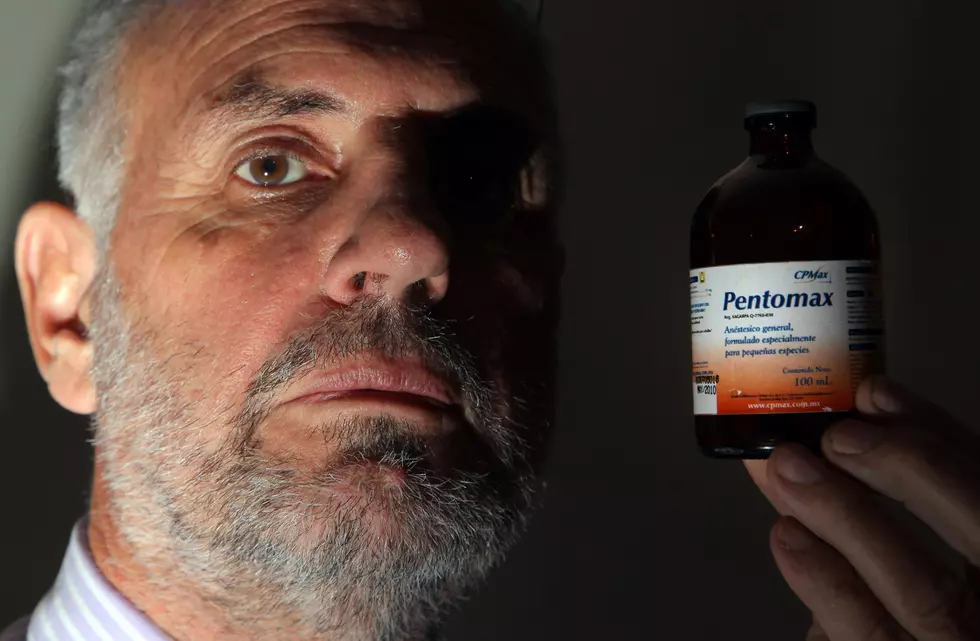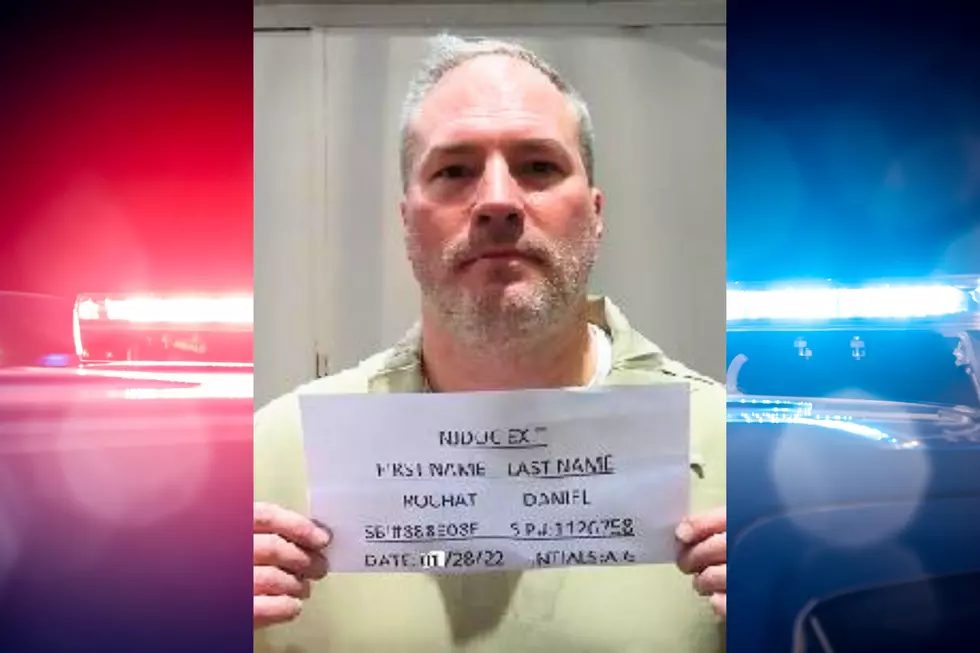
Brittany Maynard’s husband opens up about ‘death with dignity’
On Nov. 1, 2014, Brittany Maynard made international news when she took her own life with the help of a doctor in Oregon, where aid in dying for the terminally ill is legal. For the first time since Maynard's death, her husband is speaking out.
Maynard suffered from a brain tumor, and her desire to make it legal for every state to legalize aid in dying is at the center of Dan Diaz's decision to speak up now.
"At the same time we were looking into treatment options, she came across the 'death with dignity' option in Oregon, so her decision to pursue that simply as a last resort kind of came early on, and I have to say there wasn't much disagreement," Diaz said. "It just seemed logical to give the patient -- to give my wife -- the ability to decide how much suffering that she would have to endure and have a peaceful passing."
Aid in dying for terminally ill patients is a choice, not a mandate, Diaz said, acknowledging that people have every right to be opposed.
"That's fine," he said. "That's the strength of the law. This is simply an option. It is an option for patients who want to be able to control how they will die. For those who feel that this is something that they would not be interested in pursuing, they don't have to avail themselves of it."
Diaz believes the small percentage of people who find themselves in a terminally ill predicament should be allowed to make the choice. He and Maynard had to move from California to Oregon so Maynard could end her life on her terms. They had to rent and furnish a house while she was suffering unbearable pain.
"This should be an option that is afforded all citizens, regardless of what state they're a resident of," Diaz said. "If you find yourself in that position, would you want to have the option? It's not something you have to pursue by any means, but would you at least want to know that that is an option for yourself or your loved one?"
On Nov. 11, 2014, the New Jersey Assembly approved the "Aid in Dying for the Terminally Ill Act." The bill would require patients suffering from terminal diseases, and with six months or less to live, to first verbally ask for a prescription from their attending physician, followed by a second verbal request at least 15 days later and one request in writing signed by two witnesses.
Under the measure, which awaits a vote in the state Senate, the attending physician would have to offer the patient a chance to rescind their request. A consulting physician would then be called upon to certify the original diagnosis and reaffirm the patient is capable of making a decision. The patient would have to self-administer the lethal dose of the drugs.
There are many opposed to the New Jersey bill and to similar legislation pending in other states. Among them is Marilyn Golden, senior policy analyst with the Disability Rights Education & Defense Fund.
"If these bills pass, some people's lives will be ended without their consent, through mistakes and abuse," said Golden in an emailed statement. "No safeguards have ever been enacted or proposed that can prevent this outcome, which can never be undone."
More From New Jersey 101.5 FM









